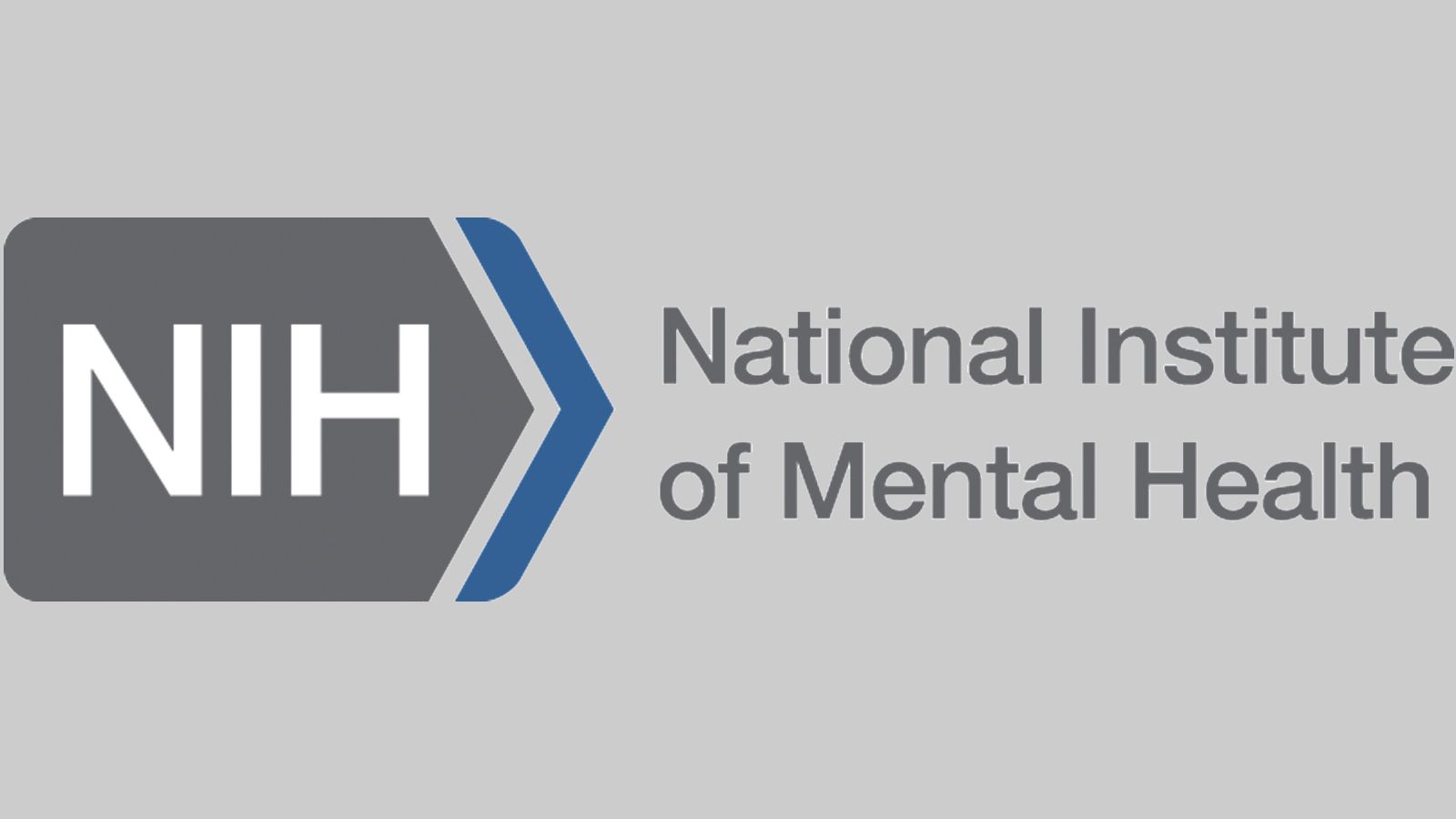Circuit-level regulation of social avoidance learning in chronically stressed mice
Project #: 1R21MH135430-01
PI: Nesha Star Burghardt, PhD
Other PIs: Ekaterina Likhtik, PhD
NIH Link: https://reporter.nih.gov/project-details/10800450
Abstract:
Project Summary Anxiety -and stress- induced psychiatric disorders affect millions of Americans and often involve social avoidance as a coping strategy for reducing the risk of confronting a stressor. Chronic social defeat stress (CSDS), a widely used rodent model of stress, reliably leads to decreased social interaction in stress susceptible animals, which may reflect clinically relevant fear-based behavior. Accordingly, our work in 129Sv/Ev mice indicates a role for fear learning in CSDS-induced social avoidance, implicating the involvement of the basolateral nucleus of the amygdala (BLA). However, surprisingly little is known about the contribution of the BLA to circuits underlying CSDS-induced social avoidance, where the primary focus has been on reward circuitry. We propose to address this gap in the literature in three specific aims, using a combination of behavior, functional circuit mapping, circuit manipulations, and in-vivo physiology. First, in Aim 1, we will investigate whether BLA inputs to the nucleus accumbens (NAc), a key region for mediating social interactions, contribute to CSDS-induced social avoidance. To this end, we will use functional circuit mapping to identify whether CSDS upregulates activity in BLA projections to the NAc during social avoidance of a CD-1 relative to a non-avoided conspecific. Further, using chemogenetics, we will test whether BLA-NAc projections are necessary for CSDS-mediated social avoidance of the CD-1. Then, in Aim 2, we will use the same methods to focus on how input from the prelimbic region (PL) of the medial prefrontal cortex to the BLA affects social interaction in defeated and non-defeated mice. Given the importance of the PL-BLA circuit in fear expression and avoidance learning, we expect that PL inputs to the BLA will be active during social avoidance and necessary for expression of this learned response. Finally, in Aim 3, we will use multisite in-vivo physiology to investigate the dynamics of PL-BLA-NAc communication during social interaction before and after CSDS in both sexes. These findings will fill an important gap in our understanding of how fear learning circuitry contributes to the well-studied reward circuitry that mediates non-selective social avoidance. Given the high co-morbidity of anxiety- and mood- disorders, this project will provide critical new information to help integrate our understanding of the fear and reward systems in mediating social avoidance, providing a more holistic understanding of this behavioral response to stress.
Public Health Relevance Statement:
Project Narrative/Relevance Statement Chronic social defeat stress, a rodent paradigm widely used for investigating the effects of stress on circuits underlying mood and anxiety disorders, reliably leads to deficits in social interaction. This project addresses the role of fear circuits in mediating stress-induced social avoidance by targeting 1) amygdala input to the nucleus accumbens, 2) prelimbic input to the amygdala, and 3) by characterizing dynamic patterns of neural activity between all three regions. The findings have the potential to significantly broaden our current understanding of how chronic exposure to a social stressor modulates networks mediating learned social behavior.


